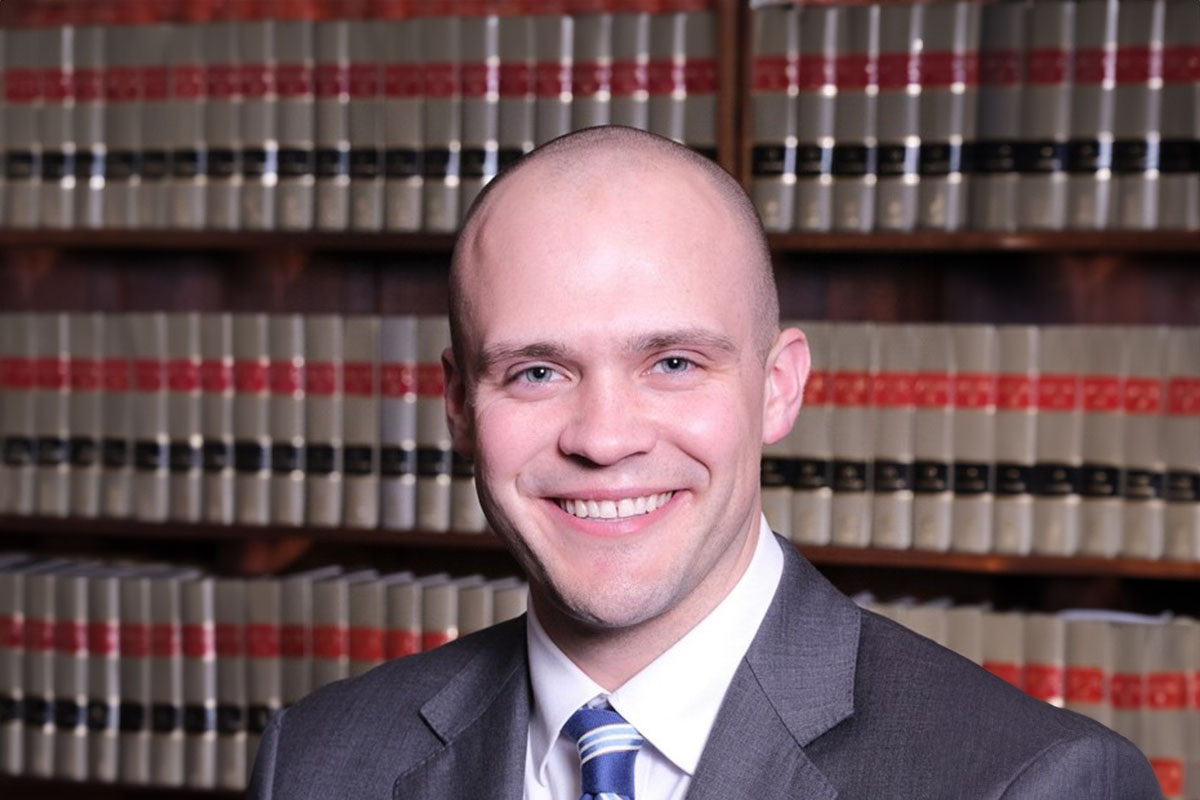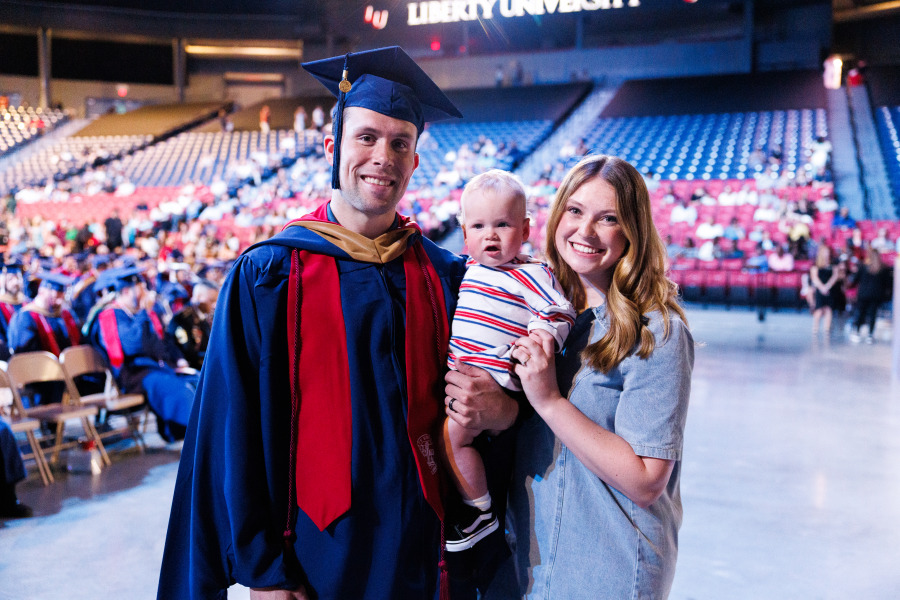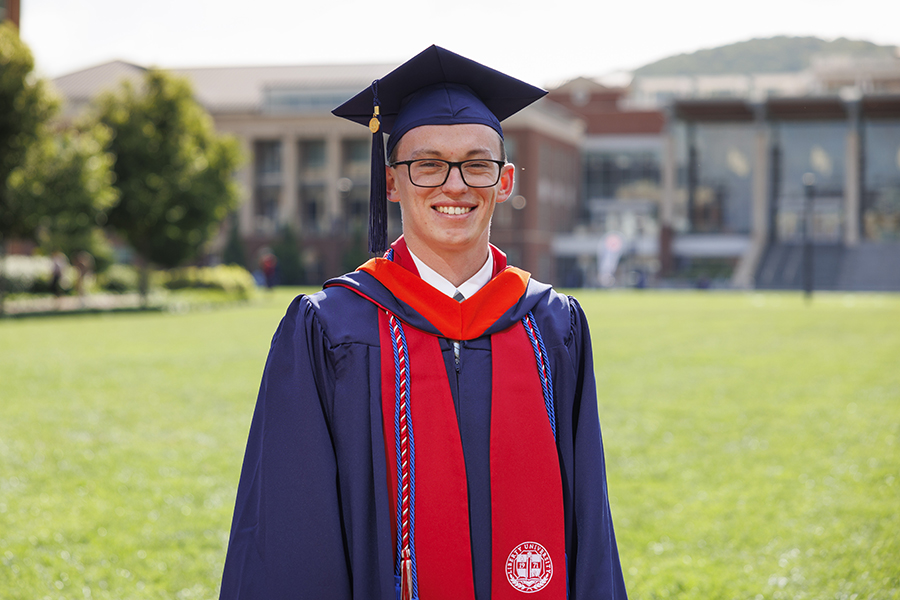Search News Archives
Filter News Articles
Additional Navigation
Johns Hopkins professor speaks on pervasive blind spots in healthcare
May 2, 2024 : By Office of Communications & Public Engagement
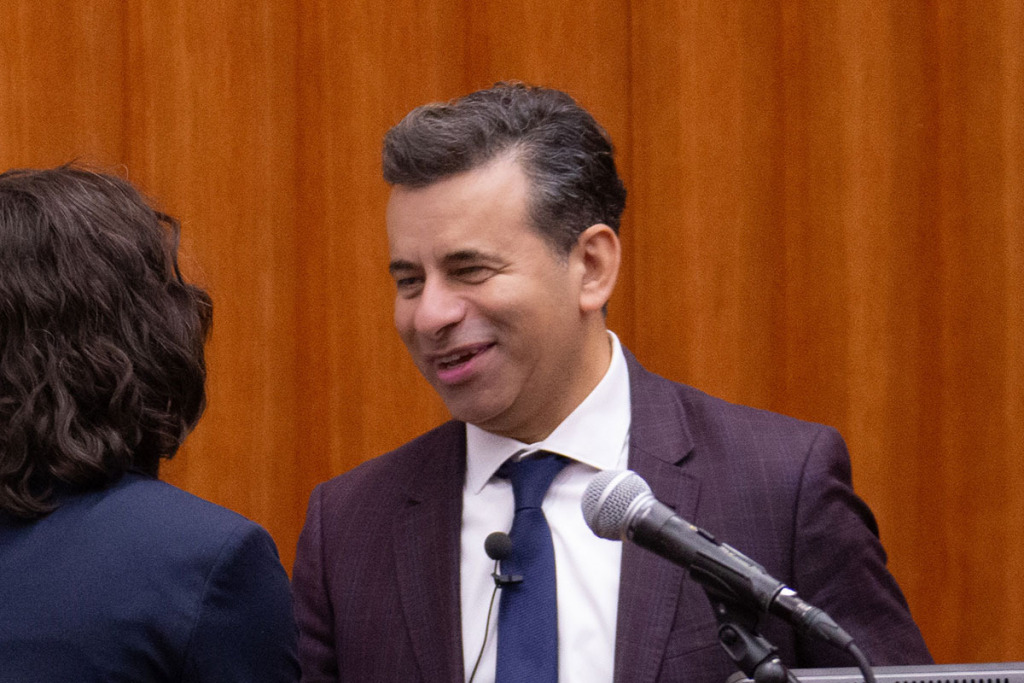
Liberty University School of Health Sciences welcomed Johns Hopkins University Professor of Surgery Dr. Marty Makary on April 22 to speak on prevalent issues in the healthcare field, such as the extreme costs of health care and insurance and the importance of challenging current scientific misconceptions and medical dogma.
Makary’s visit and Grand Rounds lecture presenting the “latest on public health and healthcare reform” marked his second visit to campus this school year and rounded out the first year of a three-year partnership between the School of Health Sciences and Johns Hopkins, underscoring Liberty’s commitment to providing high-quality educational and research opportunities to students.
The partnership between the two institutions provides the opportunity for Liberty’s graduate students from the Department of Public & Community Health to conduct research on health care policy under the direction of Makary and his research team at the JHU School of Medicine in the Baltimore, Md., and Washington, D.C., areas.
Makary is a public policy researcher, health care expert, and professor who leads a Johns Hopkins initiative on the “redesign of health care” to make healthcare more reliable, more appropriate, and more affordable, especially for vulnerable populations. He is also a New York Times bestselling author and a member of the prestigious National Academy of Medicine.
“Our partnership with the Johns Hopkins School of Medicine enables us to broaden our investment in the future of medicine and public health, developing new leaders in healthcare,” said School of Health Sciences Dean Dr. Heidi DiFrancesca. “Through this collaboration, our students receive advanced training in the real issues in healthcare as they are mentored by Dr. Makary, along with other members of the research team.”
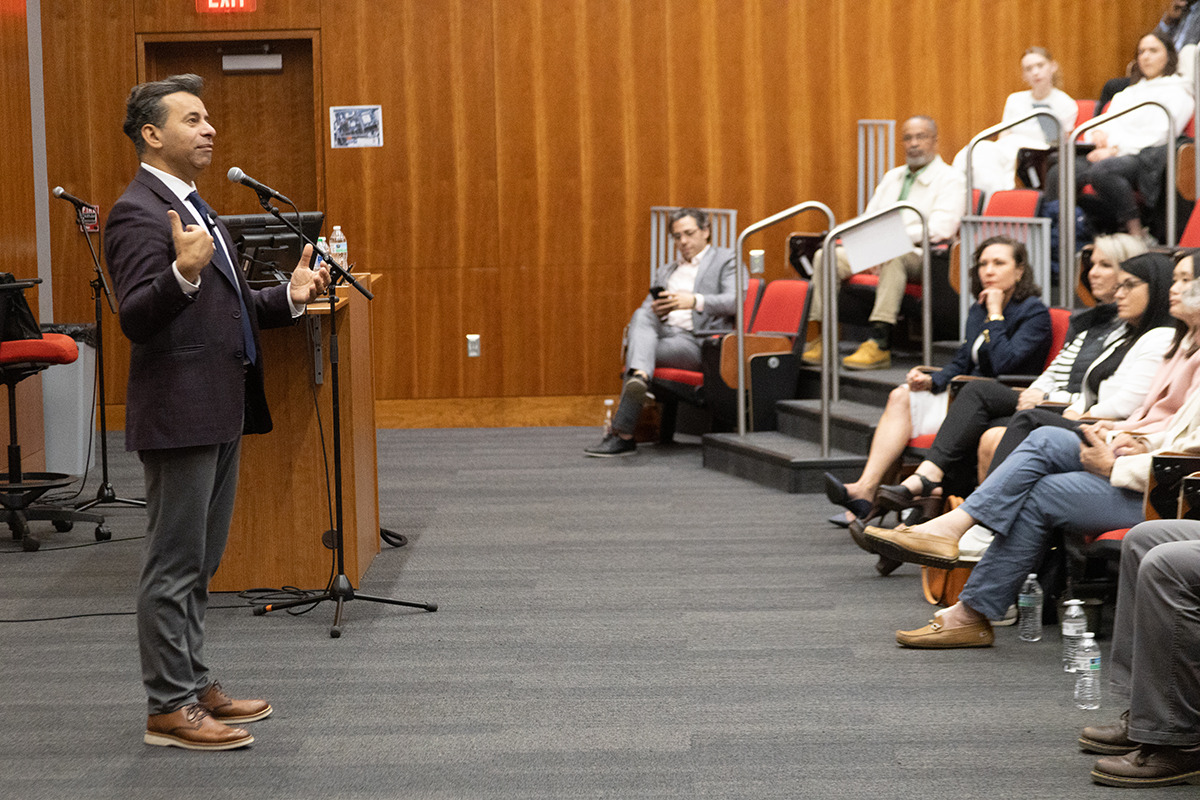 The three Liberty Master of Public Health (MPH) students selected as the 2023-24 research fellows will soon wrap up their yearlong internship, and three new MPH students have been selected to join the team over the summer.
The three Liberty Master of Public Health (MPH) students selected as the 2023-24 research fellows will soon wrap up their yearlong internship, and three new MPH students have been selected to join the team over the summer.
“During their yearlong training, our students are provided with a comprehensive and enriching experience that equips them with the tools necessary to tackle deeply held assumptions about U.S. healthcare and the medical establishment,” DiFrancesca said. “Involved in high-impact research, they are a part of influencing the redesign of healthcare that can lead to improved quality of care, improved health outcomes, and improved state and federal public health policy. This partnership showcases LU’s top talent in public health and our investment in developing future leaders in the public health and public policy space, Training Champions for Christ.””
Makary opened his lecture with a discussion on cognitive dissonance and how the incongruity between two contradictory ideas, or an idea and a behavior, creates a discomfort that can impact decisions or behaviors to either avoid or resolve these differences. Using this as a springboard for the remainder of his talk, he discussed the importance of challenging the well-established beliefs modern medical practices are built upon, which serve as the basis for some of the leading health recommendations in the modern era even when it is uncomfortable.
He talked through some of the biggest blind spots of modern medicine, presenting compelling research that addresses many of the critical issues in the healthcare ecosystem that are not being talked about. Makary urged students to conduct their own research into the literature and boldly challenge anything they believe to be incorrect.
“The purpose of science is to challenge and even controvert deeply held assumptions in the field. Asking questions is not the problem, it’s the solution. In science, you must be able to ask questions,” he said.
One big question that should be asked is whether many modern-day health crises have been caused by the hubris of the medical establishment. Makary cited examples like the opioid epidemic and a widespread drug-resistant bacteria crisis that occurred even as professionals assured the public of no downsides to the liberal prescription of antibiotics. Similarly, he described a correlation between the rise in peanut allergies with experts insisting that babies avoid peanuts, which then triggered intolerance because of lack of early exposure.
Makary ended by discussing the value of listening and communicating well, encouraging students to develop good, statistically sound appraisal skills so that they can easily distinguish studies that demonstrate validity from those that do not.
Following the lecture, Makary and members of his research team met with students and faculty.
